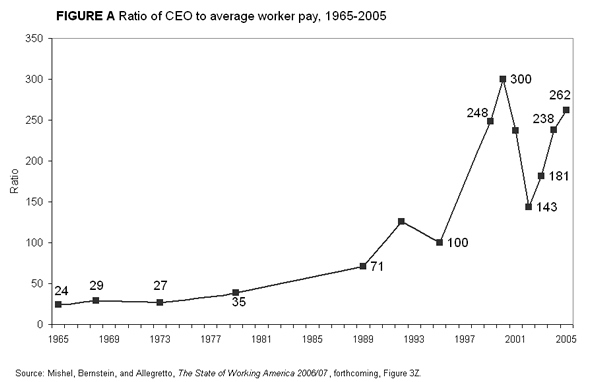SubscribePopular PostsBlogsArchivesPrevious PostsLinks |
New Blog Address: management.curiouscatblog.netThursday, October 28, 2010
This is a reminder that posts are not made to this blog anymore. See the Curious Cat Management blog for current posts. Posts to the new blog include:
Saturday, August 30, 2008Curious Cat Management Improvement blog
This is just a reminder that posts are not made to this blog anymore. See the Curious Cat Management Improvement blog for current posts. Recent posts include:
Saturday, February 17, 2007Reminder: New Address for This Blog
Just a reminder that new posts on this topic are made to the Curious Cat Management Improvement blog. Recent posts include:
Tuesday, June 27, 2006New Blog Site
New posts will be made to our new: Curious Cat Management Improvement Blog. We hope you will find the new site valuable.
Thursday, June 22, 2006Hospitals, Heal Thyselves
Hospitals, Heal Thyselves by Cal Thomas:
This proven system does not require more staff or expensive consultants and it certainly does not need another bureaucratic, costly and inefficient government agency, which can only make things worse. Improvements can be made, says Mr. Dobyns, starting today and in every hospital in the country. Costs will decline. "So the question now becomes, can we afford not to heal our hospitals? We can, if we want, not do anything. But if we decide not to do anything, we have to accept that every day -- every day -- 500 people will die in hospitals in the United States who did not have to. You and I might be among them." via Great Exposure for the "Good News" DVD More on Obscene CEO Pay Study site: CEO-worker pay imbalance grows includes the graph above. Study site: CEO-worker pay imbalance grows includes the graph above. Unfortunately this reverse robin hood (steal from the workers, stock holder, customers...) and give to the CEO tale continues. Hopefully someday soon we can at least turn the momentum in the right direction (stopping these incredibly excessive "pay" packages). Even then it will take quite a deal of reducing these ridiculous "pay" packages to reach some sense of decency. CNN article based on the report: CEO Paycheck: $42,000 a day by Jeanne Sahadi: Put another way, the average worker -- who earned $41,861 in 2005 -- made about $400 less last year than what the average large-company CEO made in one day. That assumes 260 days of pay (52 weeks x 5 days a week). The CEO-to-worker pay differential in 2005 was the second highest on record. The highest was 2000, when the average CEO earned 300 times what the average worker made. In 2002, the differential fell to 143 as the bear market took its toll on stock-related compensation. Nevertheless, between 2000 and 2005, median CEO pay rose 84 percent to $6.05 million on an inflation-adjusted basis, according to EPI. Missing link: CEO pay and results Home Depot CEO stifles debate about pay Excessive Executive Pay - link to a study with even more obscene data than that in the graph above. CEO Pay: Obscene from Apr 2005 Tuesday, June 20, 2006Dr. Shigeo Shingo
Norman Bodek responds to, Shigeo Shingo's Influence on TPS by Art Smalley, with: Dr. Shigeo Shingo - The Greatest Manufacturing Consultant. As the title shows this article focuses on the contributions of Dr. Shingo. I still find the original article interesting and valuable. I don't think the original article denigrates Dr. Shingo. It is true the emphasis is different in the two articles however it seems to me the difference is not that large in truth. The largest difference is to what extent Dr. Shingo's contributions (which it seems to me are stated pretty similarly) are admired, it seems to me.
Both support the idea that Dr. Shingo offered valuable contributions. Norman Bodek obviously believes Dr. Shingo deserves more credit than the original article. At least to me though the differences between the articles is much less than the agreements. Thursday, June 15, 2006New Lessons on Competition from Mother Nature
Surviving the Fittest: New Lessons on Competition from Mother Nature by Joel A. Barker
As a result of this emerging body of research, we now must reexamine our competitive paradigm and factor in the new information. It is now clear that 'the fittest' not only don't win all the time, but are only a piece of the more complex system. This information can lead to new strategies for small companies and new insights for the big companies that presently dominate their industries. An interesting short article with some ideas to think about.
|